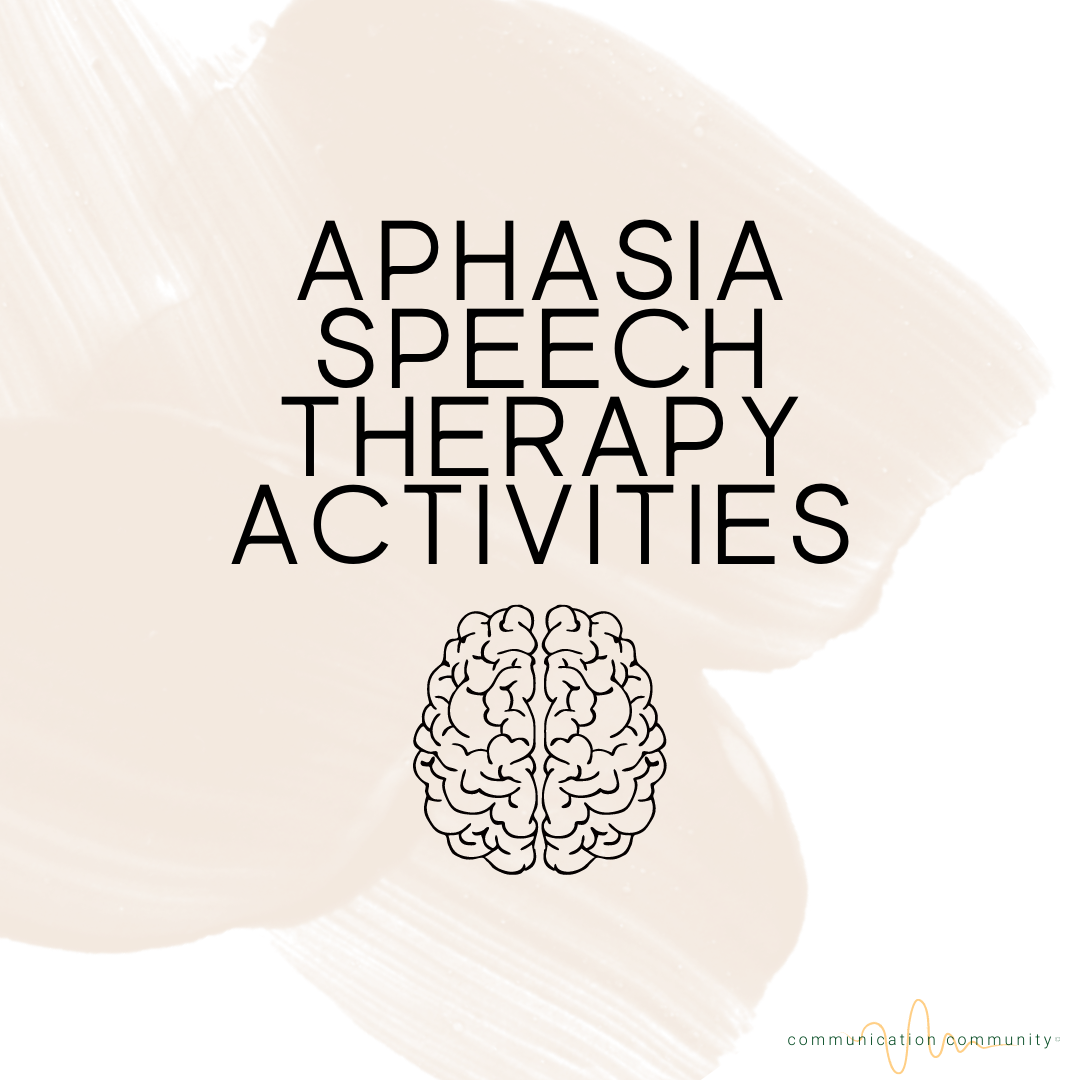Unlocking the Mystery of Aphasia: Causes, Symptoms, and Treatment Options
Lost in Translation: Understanding Aphasia and Its Effects on Language
R E A D : Living with Parkinson's and Famous Examples of the Disease Regenerate response
Actor Bruce Willis, 67, made the decision to stop performing because he had aphasia, a neurological condition that impairs cognitive function.
Willis is recognized for his dramatic roles in Hollywood blockbuster movies such as Pulp Fiction and the films Die Hard.
The decision to step back from filmmaking was announced via Instagram posts by family members, including his wife Emma Heming-Willis and ex-wife Demi Moore.
They thanked fans for their support during this difficult time the family was going through.
 |
| Aphasia How risky is that brain illness // Dreamstimes |
So, what is aphasia?
Aphasia is a neurological condition that affects a person's ability to use language. It is typically caused by damage to the parts of the brain that control language, such as the left hemisphere in most right-handed people.
A person with aphasia may have difficulty speaking, understanding language, reading, and writing. The severity of aphasia can range from mild to severe, and the specific symptoms can vary depending on the type and location of the brain damage. Some people may have trouble finding the right words or constructing sentences, while others may have difficulty understanding what others are saying to them.
Aphasia can be caused by a number of factors, including stroke, traumatic brain injury, brain tumors, and neurological diseases such as Alzheimer's or Parkinson's. Treatment for aphasia typically involves speech and language therapy, as well as other forms of rehabilitation aimed at helping the person regain their language skills and improve their overall quality of life.
R E A D : Brain Health: 10 Essential Steps to Keeping Your Mind Sharp and Active
The symptoms of aphasia
The symptoms of aphasia can vary depending on the location and severity of the brain damage, as well as the type of aphasia the person is experiencing. However, some common symptoms of aphasia include:
- Difficulty speaking or finding the right words
- Difficulty understanding spoken language
- Difficulty reading or writing
- Inability to repeat words or phrases
- Using incorrect words or substituting words in a sentence
- Speaking in incomplete sentences or leaving out words
- Struggling to express thoughts or ideas
- Difficulty with numbers and counting
- Difficulty with organization or planning
- Social isolation due to difficulty communicating
It's important to note that the symptoms of aphasia can also impact a person's emotional well-being, as communication difficulties can lead to frustration, anxiety, and depression.
Treatment of aphasia
The treatment of aphasia typically involves speech and language therapy, which is aimed at helping the person regain their language skills and improve their overall quality of life. The specific treatment approach will depend on the type and severity of the aphasia, as well as the underlying cause.
Some common treatment approaches for aphasia include:
>> Speech and language therapy: This may involve exercises and activities to improve communication skills, such as naming objects, repeating words and phrases, and working on comprehension.
>> Group therapy: This can provide opportunities for people with aphasia to practice communication skills in a supportive and social environment.
>> Augmentative and alternative communication (AAC): This involves using tools such as communication boards, speech-generating devices, or smartphone apps to assist with communication.
>> Physical therapy: This may be helpful for people with aphasia who have also experienced physical impairment, such as difficulty with movement or coordination.
 |
| Aphasia How risky is that brain illness // Communication Community |
>> Cognitive therapy: This can help address difficulties with attention, memory, and problem-solving that may be associated with aphasia.
>> Support groups: These can provide emotional support and connection with others who are experiencing similar challenges.
It's important to note that the effectiveness of treatment for aphasia can vary depending on the individual and the severity of the condition. In some cases, people with aphasia may experience some improvement in their language skills over time, while in other cases, language abilities may remain impaired.
Aphasia is a neurological condition that can cause difficulty with language skills, including speaking, understanding, reading, and writing. It is typically caused by damage to the parts of the brain that control language, such as the left hemisphere in most right-handed people. The severity and specific symptoms of aphasia can vary depending on the type and location of the brain damage.
The treatment of aphasia typically involves speech and language therapy, as well as other forms of rehabilitation aimed at helping the person regain their language skills and improve their overall quality of life. Treatment may include exercises, group therapy, AAC, physical therapy, cognitive therapy, and support groups. The effectiveness of treatment can vary depending on the individual and the severity of the condition.
If you or a loved one are experiencing symptoms of aphasia, it's important to seek medical attention from a healthcare professional who specializes in neurological conditions. Early diagnosis and treatment can improve outcomes and quality of life for people with aphasia.
R E A D :
- Managing Full Health Anxiety Strategies for Coping and Improving Well-Being
- Parkinson's Disease: Understanding Symptoms, Causes, and Treatment
- Prioritizing Your Health: Tips and Tricks to Ensure You're Not Ignoring Your Well-being
- The Link Between Oral Health Disease and Overall Well-being: Prevention and Treatment Strategies
- Unlocking the Health Benefits of Ginger
- annoyed with excess cholesterol, see how to lower cholesterol levels guaranteed to work - New!


ليست هناك تعليقات:
إرسال تعليق